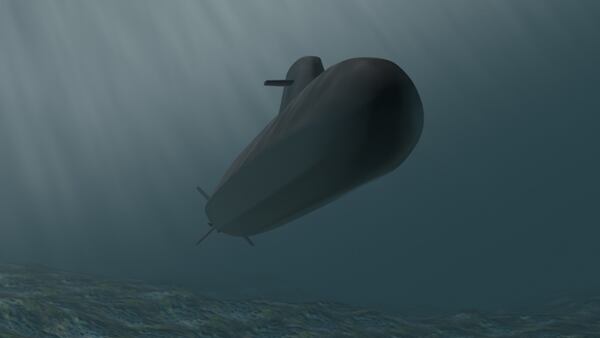COLOGNE, Germany — The Dutch government has postponed a supplier decision to replace its four Walrus submarines, telling parliament that further study of the issue is needed until the summer.
The development, announced in a letter late last month by State Secretary for Defence Barbara Visser, comes as some expected a decision this spring. Government officials now say they need more time to study the competitors’ latest offers related to domestic industry participation in their proposals.
The companies vying for the multibillion-dollar Walrus contract are Naval Group of France, Navantia of Spain, Saab’s Kockums of Sweden, and ThyssenKrupp Marine Systems of Germany.
The additional study follows attempts by competitors to tweak their proposals in light of a new Dutch defense industry strategy released in November. That document prescribes that the production of maritime platforms remain mostly a national affair, with roughly 25 percent of projects sourced from international collaborations.
“The Netherlands has the ambition to design and produce certain military capabilities itself,” reads a summary of the strategy document. “In doing so, we will take into account the industries that are already present in the Netherlands as well as the country’s capacity and possible limitations. What does this mean in concrete terms? We want to preserve and strengthen our naval shipbuilding industry, for example.”
RELATED

Saab’s Kockums team, which includes Dutch shipyard Damen, has touted its emphasis on domestic industry work share, though competitor TKMS made a last-ditch effort earlier this year to trumpet a proposed Dutch production footprint if chosen.
According to local media, that strategy appeared to fall on deaf ears, with one newspaper reporting in February how one TKMS executive was led to believe his company was out of the running.
Visser’s letter, however, makes clear that all four competitors are still in the field and subject to the additional industrial analysis. The vendor decision, known as the B-letter in Dutch defense procurement circles, is expected “around” the summer, she wrote. Also expected then are decisions on the number of boats and the budget, she added.
Sebastian Sprenger is associate editor for Europe at Defense News, reporting on the state of the defense market in the region, and on U.S.-Europe cooperation and multi-national investments in defense and global security. Previously he served as managing editor for Defense News. He is based in Cologne, Germany.







